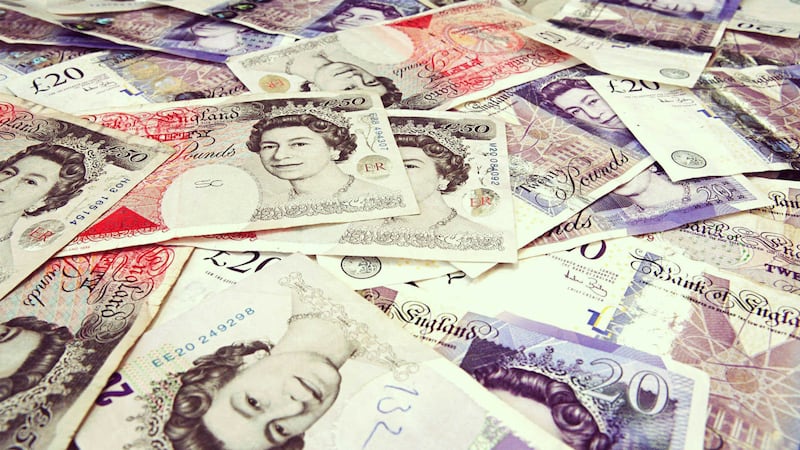There is no need to recount the concerns about private donations to political parties - they will be familiar to anyone who follows the news from Britain and America, or who recalls the allegations about DUP links to property developers at the start of this decade.
Those allegations led directly to the campaign for donor transparency in Northern Ireland, finally delivered this week with publication of donations by the Electoral Commission, following a change in the law.
Yet the publication raises a different, quite unexpected concern - the almost complete absence of private donations to political parties.
Some caveats must be added to this revelation. The change in the law was not backdated and donors may have been deterred by the knowledge transparency was imminent.
The thresholds for identifying individual donors are £7,500 to parties and £1,500 to political representatives. Most donations in Northern Ireland are likely to fall below both - certainly well below the former.
A separate system exists for donations to election candidates and while this has always been transparent there was little knowledge of it prior to a 2016 investigation by news website The Detail, which found both the DUP and Sinn Féin were making full use of the system to channel funds quietly into their coffers. However, once again, almost no donations from private individuals and companies were discovered.
One way or another, every Stormont party receives virtually all of its income via the public funding, salaries and expenses accrued from holding elected office. Even Sinn Féin, which records by far the highest sum from private donations, gets almost all of it via the ‘average industrial wage’ transfer from its elected representatives.
This week’s figures from the Electoral Commission, covering the second half of last year, show private companies donated just under £20,000 in total to Northern Ireland parties, which works out as two per cent of all party income. The only declarable private donation was £5,000 to Ian Paisley jnr from a London businessman. By comparison, public funds including Sinn Féin’s internal transfers were 93 per cent.
Is it healthy to have our political and private sectors so completely disconnected?
While there was donor secrecy we might have said yes but now there is transparency it looks more like a flaw than a feature. Transparency delivers accountability - and it turns out there is nothing for us to hold to account. Our parties are essentially nationalised and need take no note of business interests.
They are still amenable to lobbying, of course. The campaign to devolve corporation tax showed that can be open and effective on a cross-party basis. But parties are under no direct financial incentive to adjust positions and policies.
This is at best a mixed blessing. We all share many of the private sector’s legitimate interests in a successful economy. Any of us might welcome commercial influence over particular policies and wish to exert our own influence in turn as consumers.
Consider last month’s revolt in America by private sponsors of the National Rifle Association, following the school shooting in Florida. We have no such levers over the DUP and Sinn Féin.
Bear in mind both parties have engineered near-immunity at the ballot box, through a neck and neck race to surpass each other that is corralling the bulk of the electorate into two increasingly immovable trenches. Immunity from financial pressure only deepens this deadlock.
Buying political influence in Northern Ireland should be a bargain: the DUP often gets by on well under £500,000 a year - and there is a parallel with the issue of party membership. While parties are coy about exact figures, only Sinn Féin appears to have more than 1,000 members or more than a few hundred active members. All our parties, in business parlance, are small or medium enterprises.
Like the rest of so-called ‘civic society’, Northern Ireland’s private sector has a great deal to say about the need for engagement and better politics while standing carefully aloof from our main political parties, hands unsullied and chequebook firmly in pocket.
This is the mindset of the Troubles: a studied neutrality for fear of being seen as ‘involved’. But the Troubles are over, as is the murky furtiveness of donor secrecy. So why not get involved, get the chequebook out and even join parties to influence from within?
If the concern is a customer backlash, companies can always follow the American practice of donating to both sides.
Would that not be the most civic example of all?
newton@irishnews.com









